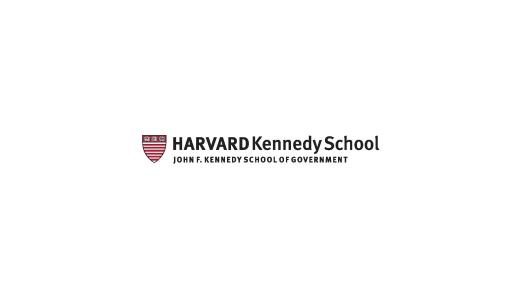Description
The goal of this MOOC is to gain an understanding of the issues surrounding water management. To begin, this course will define a resource, specifically a water resource. It will investigate how water is used, the activities associated with it, and any potential conflicts. The course will examine water management in depth by examining the various types of rights and obligations associated with, say, the development of a multi-sectorial regulatory system or a watershed management approach.
Our goal is for you to be able to:
- Identify the major issues and strategies associated with water resource management by the end of this course.
- Obtain the key reading material required to comprehend the numerous variables (environmental, institutional, and political) that affect water and may necessitate management adjustments.
Syllabus :
1. Module 1: From Resource Definition to the Ideals of Community Management
- General Introduction
- Introduction to Module
- The Main Challenges in Water Governance I: Uses, Rules and Territories
- The Main Challenges of Water Governance II: Multisectoriality, Funding and Management Modes
- The Concept of Resource (Use, Scarcity and Rivalry)
- The Resources Types, their Uses and Pressure
- Common Goods: the Water Example
- The Tragedy of the Commons and the Problems of Collective Action
- The Governance of Common Goods. Between the State and the Marketplace
- Common Pool Resources Institutions (CPRI)
- Case study I: Community Water Management in Latin America
- Case study II: Networking Actions of Community Organisations in Latin America
- Conclusion of Module 1
2. Module 2: The Rules of the Resource, their Uses and their Circumvention
- Introduction to Module
- Institutional Resource Regimes I: Theoretical Framework
- Institutional Resource Regimes II: Theoretical Framework
- Institutional Regimes Ressources III: the Swiss Case
- Institutionnal Regimes Resources IV: the European Case
- Water Regulation in the European Union according to the Water Framework Directive (WFD)
- From Institutional Resource Regimes to the Implementation Studies
- Beyond the Rules I: Opening the Black Box
- Beyond the Rules II: Law Activation Strategies and Localized Regulation Arrangements
- Case Study: Protection of Aquatic Ecosystem in the Canton of Valais (Switzerland)
- Conclusion of Module 2
3. Module 3: From Integrated Water Resource Management to the Water-Food-Energy and Ecosystem Nexus
- Introduction to Module
- The Multi-Sectorial Nature of Water
- The Concept of Integrated Water Resources Management (IWRM)
- Management of the Rhone River: from Mono-sectoriality to Integration
- Moving Beyond IWRM for the Water-Food-Energy and Ecosystem Nexus
- Thinking water security with the Nexus
- Navigating the Nexus in the Mekong River Basin
- Hydropower Production and Protection of the Ecosystem on the Columbia River (USA)
- Conclusion Module 3
4. Module 4: The Integrated Watershed Management (IWM)
- Introduction of Module
- From Integrated Water Resources Management (IWRM) to Watershed Management
- Beyond Watershed: the Functional Regulatory Spaces (FRS) Beyond the Watershed
- Watershed Management in Switzerland I: History and Methods
- Watershed Management in Switerland: Practical Experience
- Pollution Management in the Rhine River Basin
- Political Challenges When Implementing Watershed Management
- Conclusion of Module 4
5. Module 5: Water as a Source of Conflict and Cooperation
- Introduction to Module
- Water Wars: Debates and Limits
- The Framework of Hydro-Hegemony and Transboundary Interactions
- The Case of the Nile Basin I: the Development of Egypt’s Power in the Nile
- The Case of the Nile Basin II: the Recent Changes Affecting Egypt’s Power in the Nile
- The Grand Ethiopian Renaissance Dam: a Source of Conflict or a Basis of Cooperation in the Nile Basin?
- Water Cooperation
- Cooperation in the Senegal River Basin: the Organisation for the Development of the Senegal River (OMVS)7m
- Cooperation in the Mekong River Basin: the Mekong River Commission
- The Emergence of International Water Law and Its Role in Preventing Water-Related Conflicts
- The Convention on the Protection and Use of Transboundary Watercourses and international Lakes from the United Nations Economic Commission for Europe (UNECE)
- The Issue of Responsibility and Liability for Transboundary Watercourse Pollution
- Conclusion of Module 5







